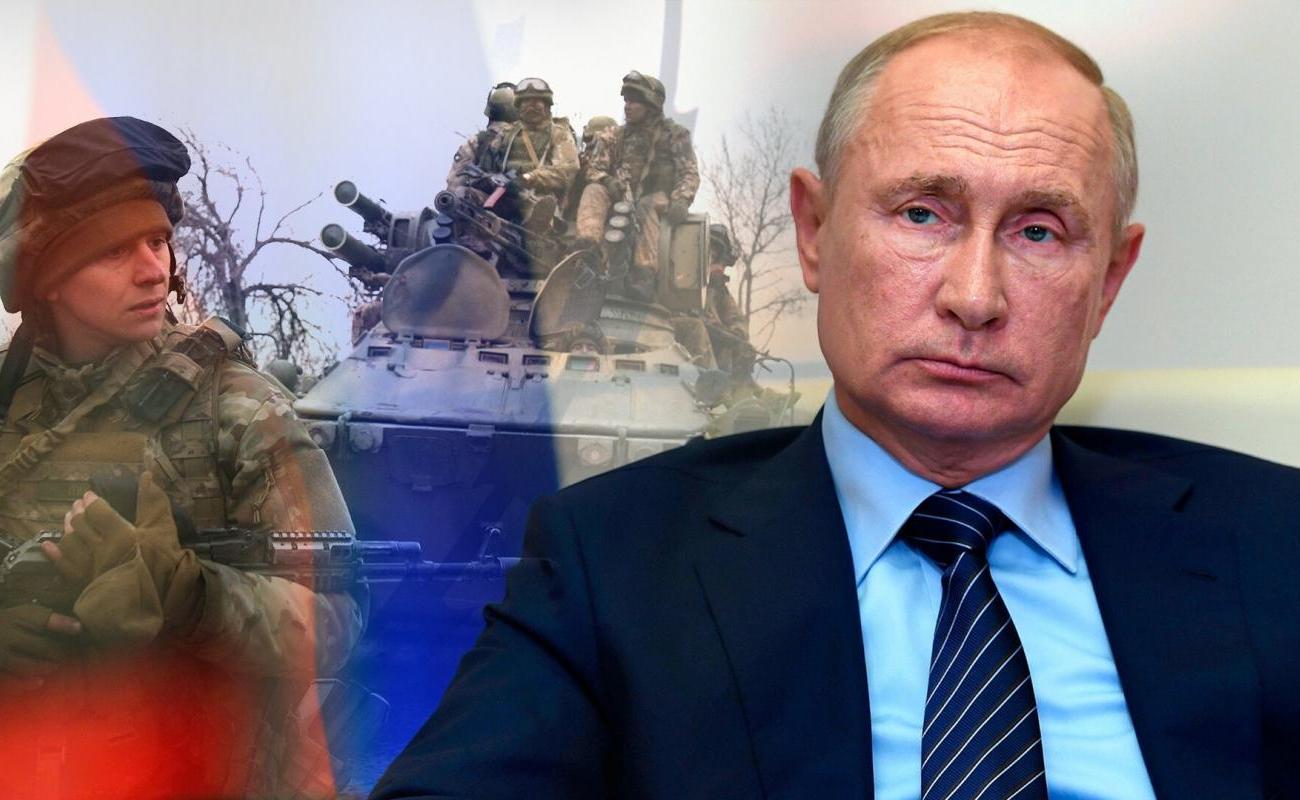Three components of Putin's threats after a series of setbacks, Putin moved to a "cautious" escalation

The last few months have not been good for Russian President Vladimir Putin. He promised a successful offensive on the entire Donbas, but by July Russian troops were stuck in the Donetsk region. The Ukrainian counteroffensive in the northeast began two weeks ago. Its result is the restoration of control over a larger territory than that which was lost due to the offensive of Putin's army in Donbas. Last week in Samarkand, Putin publicly trembled before his counterpart, Chinese President Xi Jinping, and was rebuked by Indian Prime Minister Narendra Modi over his policy toward Ukraine. And in Russia, local liberal politicians, extreme nationalists and even the legendary singer Alla Pugacheva criticize Putin for the war with Ukraine.
Putin gave a three-part "response" to these events this week.
The most important was the announcement of the "partial mobilization" of 300,000 reservists to replenish the troops that have been decimated by Ukrainian forces since February. But he also approved fictitious referendums on the accession to Russia of those regions of Ukraine that are partially under the control of Russian forces.
He then re-played the only card he had been using since before the February invasion to greater effect. He reiterated that Russia would use nuclear weapons to defend its territory and hinted that if fake referendums lead to Russian "annexation" of these regions, they too would be protected by Moscow's nuclear umbrella.
This package of measures is an escalation, but a cautious one.
The word "mobilization" certainly sounds impressive, but it includes current and former soldiers. Civilians who are not interested in military service and participation in Putin's bloody war against Ukraine are not invited. Accordingly, Putin continues to avoid the political risk of officially declaring war and recruiting in Russian cities across the country.
The risk limitation extends to Putin's latest nuclear threat. He emphasizes that he approves of fake referendums, insists that Russia will use nuclear weapons to defend its territory and that "this is not a bluff." But he only implies, not directly states, that nuclear weapons will be used if Ukraine continues to attack Russian troops on Ukrainian land that Russia is "annexing". When assessing this threat, it is appropriate to note that Ukraine successfully invaded Crimea, which was "annexed" by Russia eight years ago. But the atomic mushroom did not appear on the horizon.
Unfortunately, the administration of US President Joe Biden sometimes succumbed to Moscow's nuclear threats and refused to supply Ukraine with all the weapons it needed. But not always. On September 18, Biden publicly sent a clear signal to Putin against the use of weapons of mass destruction in Ukraine. This is a surefire way to deal with Putin's recent nuclear blackmail.
